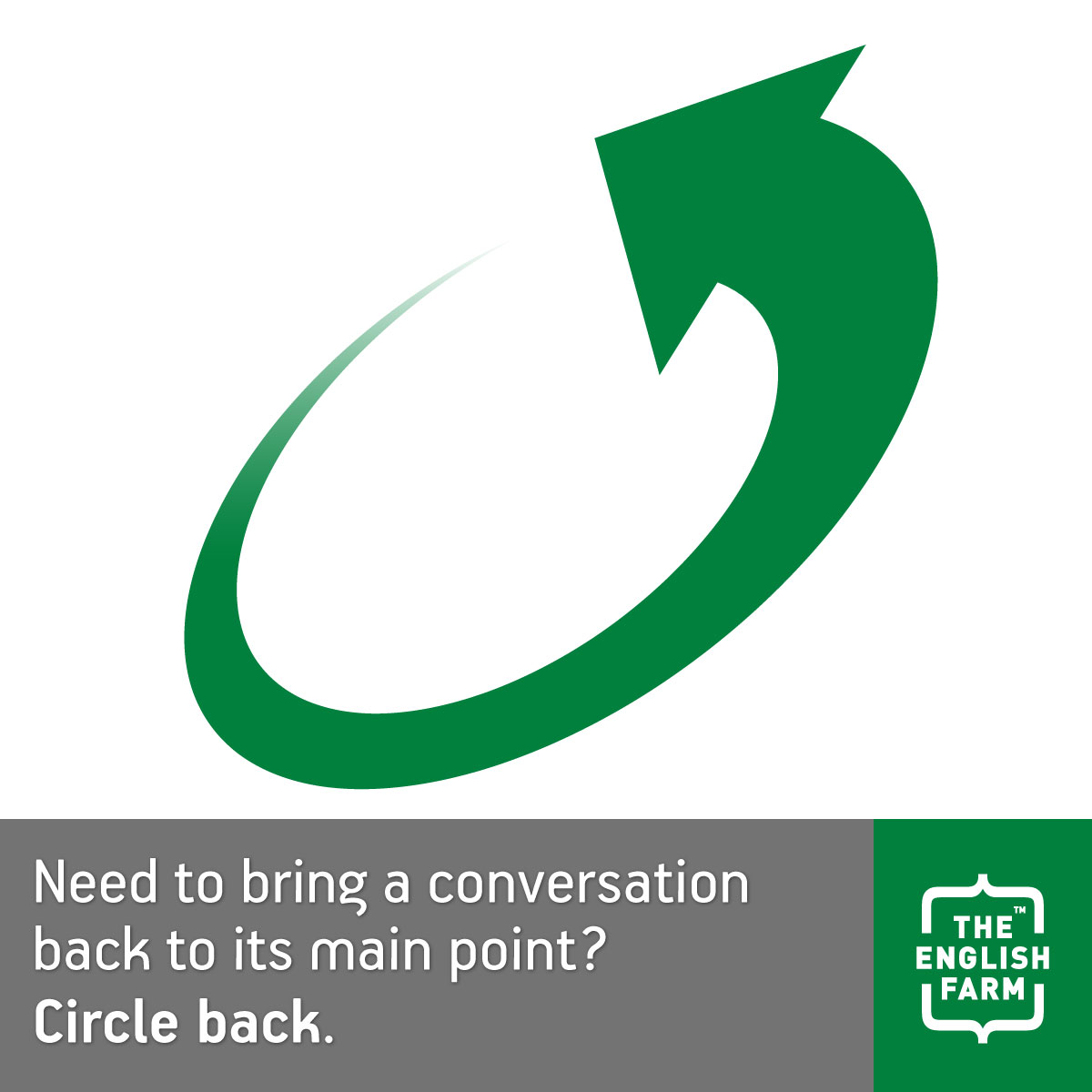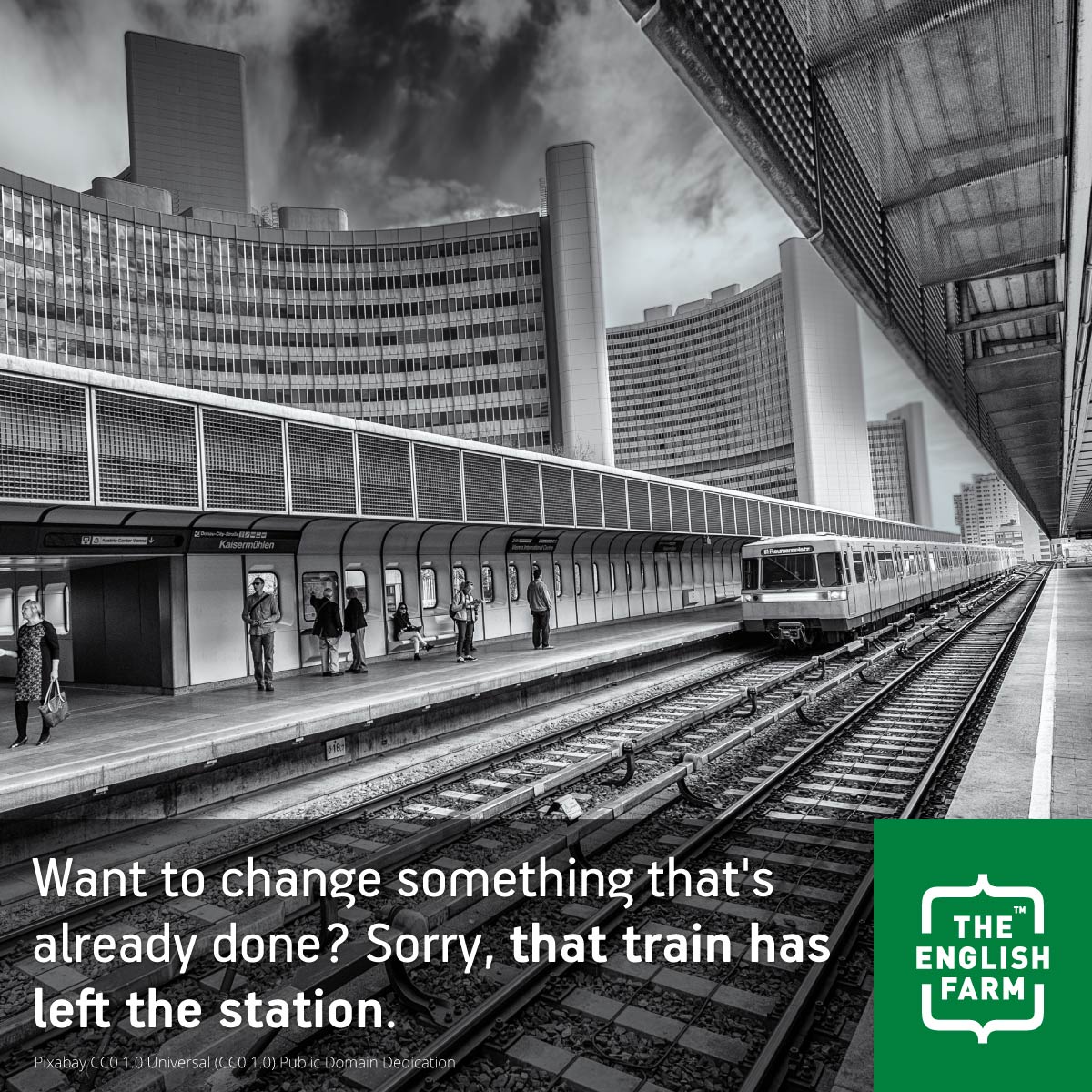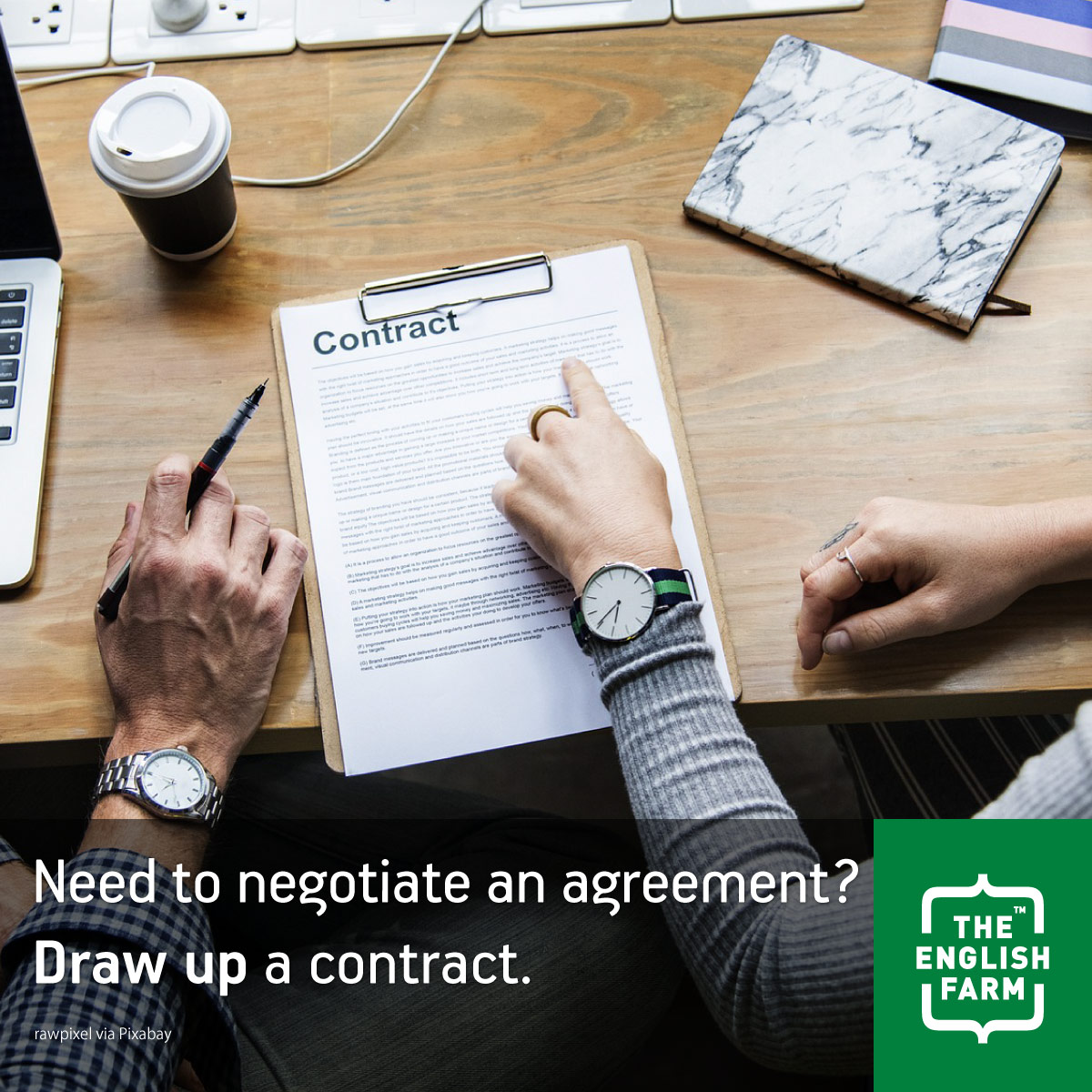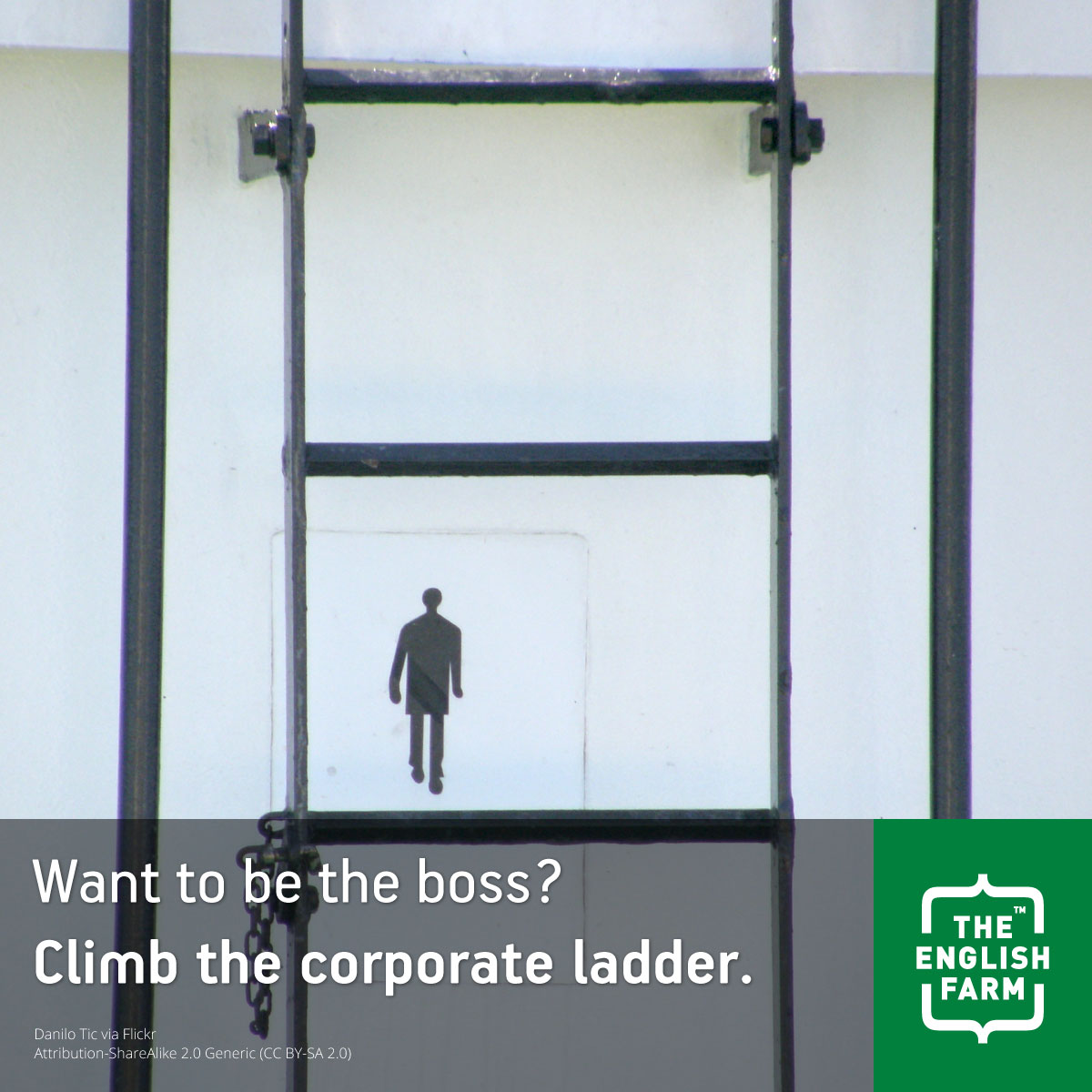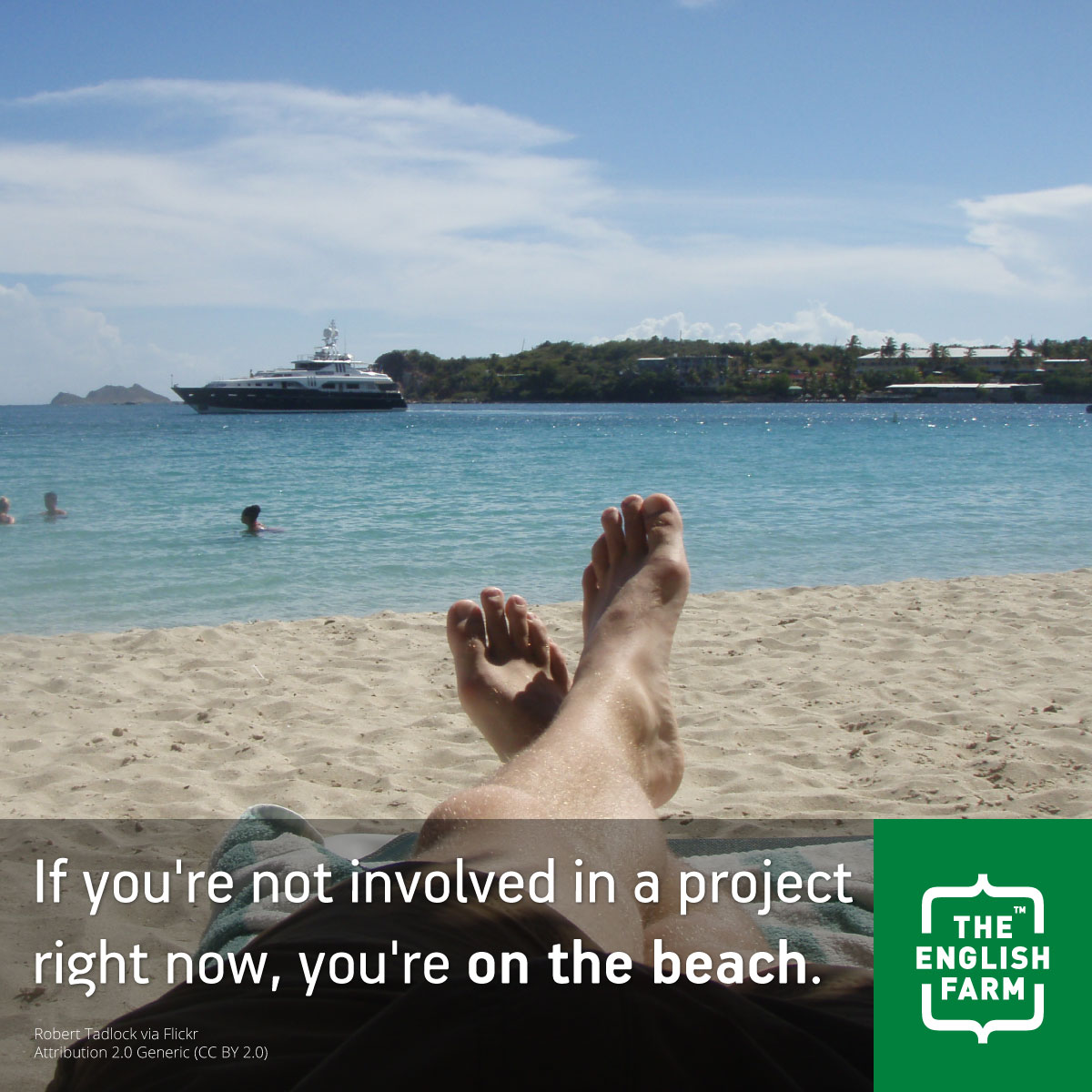Pencil in
By Yumi, May 27 2019If you are putting something or someone on your schedule or to-do list with the knowledge that it may change later, you can say you will pencil it in.
You can use "it" to specify an event and "you" if you are talking to the person you are making the plans with.
Here are some examples of how to use this phrase:




